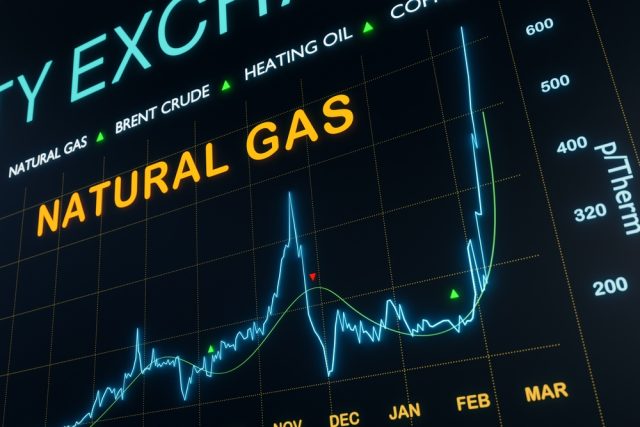
Energy supply is the new challenge facing the European Union in the months to come. It is not only an economic issue, but also a key to the political future of the EU: if the 27 Member States are able to respond compactly to the crisis, then the EU will emerge stronger. If the EU succeeds in doing better and faster what each state should have done for itself, then the importance of cooperating ever more closely and incisively on certain issues will become clear. Otherwise, we should expect new waves of Euroscepticism, which had faded with the shared management of the pandemic and the sharing of debt.
The road, however, seems uphill. The non-paper that the European Commission has presented to the Member States, in preparation for the European Council on Energy, convened by the rotating Presidency for 30 September in Brussels, envisages first of all the proposal of a price cap on Russian gas, but not applicable to other imports.
For the European Commission it would be difficult (and risky) to apply a generalised price cap, as it could lead to a disruption in supply. However, if we consider that currently only 9% of Russian methane arrives in Europe (compared to 40% in the pre-war period), it is clear that this decision would help very little.
The Commission is working on a package of measures to help citizens and companies withstand the incredible increase in their bills and have enough energy to get through the winter: first and foremost, there is a mandatory cut in consumption of around 10% per month and 5% at the times when consumption is highest, in accordance with time slots established by each Member State; there is also a cap on the revenues of companies producing electricity from sources other than gas.
“To cope with possible supply disruptions,” the above-mentioned non-paper states, “solidarity measures could be made mandatory to ensure that all Member States have access to the gas they need to serve protected customers and critical industries.”
Fifteen Member States had written to the Commission to request a cap on the generalised gas price, including Italy, France, Spain, and Poland. Notable absentees among the signatories were Germany, which was sceptical of this measure, and the Netherlands, which was absolutely opposed to interventions restricting the market.
“Faced with the common threats of our times, we cannot divide ourselves according to the space in our national budgets. In the coming European Councils we must show ourselves to be united, determined, in solidarity,’ said Italian Prime Minister Mario Draghi, who was upset by the position of some of his colleagues.
The European Commission was once again accused of favouring German positions. Chancellor Scholz, in fact, had already said last week that Germany would invest EUR 200 billion to put a brake on rising prices, even nationalising Germany’s main gas importer, Uniper.
Hungary remains opposed to the price cap on Russian gas. For Budapest, the solution would be to lift the sanctions on Russia, at least on energy, this is the position expressed by the Hungarian Minister Gulyas, who said: ‘If tomorrow they would at least lift the energy part of the sanctions against Russia, we would have half of everything, prices and inflation. Unfortunately, the Commission has chosen another path, going in the opposite direction. Thus, we do not harm Russia, but secure it huge profits’.
However, a qualified majority of countries representing at least 65% of the total EU population will be needed to approve the price cap measures. The final move, the one that may be worth the whole game, therefore remains in the hands of Germany, certainly not Hungary.
The vote on the new sanctions package against Russia will be different. Unanimity will be needed in the Council.
The ability of the 27 Member States to work towards common goals will be severely tested in the coming hours. Meanwhile, citizens and companies are on the brink of the abyss, with ever more expensive bills to pay at the end of the month.



 Subscribe
Subscribe